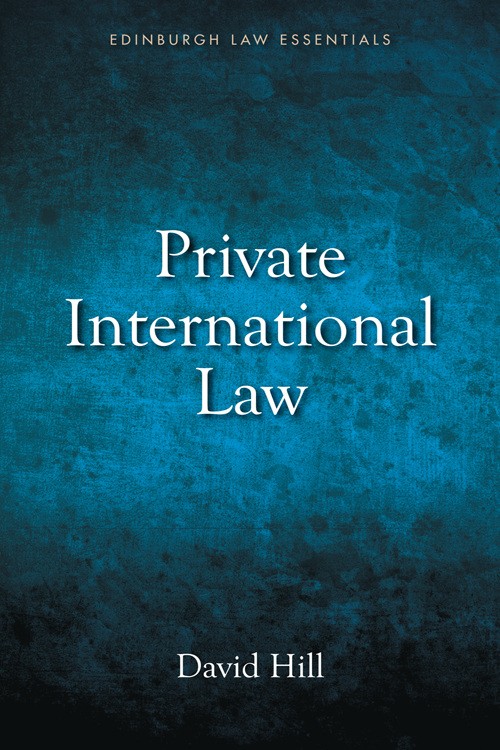This is an introductory course on Economics designed for 1st year undergraduate students. It covers microeconomics and macroeconomics and would enable the students to understand the fundamentals of economics.
- Teacher: Mr. Vikram Rajendra
The course aims to present a panorama of public international law, which covers principles and rules that govern the relations between States and the latter’s interactions with other international actors. The course is designed to give students a global understanding of the rules governing international relations and, ultimately, provide them
- Teacher: Associate Professor Dr.Hossein Esmaeili
- Teacher: นางสาวนิธิวรรณ พรมแก้ว
- Teacher: นายเศรษฐบุตร อ่อนภักดี

Private international law primarily deals with the following three main issues: international jurisdiction, i.e. which court has jurisdiction over a cross-border dispute?; applicable law, i.e. which law applies in a cross-border dispute?; recognition and enforcement of foreign judgments, i.e. whether a foreign judgment can be recognized and enforced in another country? The Private International Law course will give an overview of different topics and typical practical problems in private international law – all geared towards solving legal problems in the real world of commercial cross border transactions.
- Teacher: นายศิวรุฒ ลายคราม
|
This course introduces students to the law of business associations. The two main forms of business association to be covered in the course are partnerships and companies, with a predominant focus on the latter. Particularly this course covers following topics: Corporate entity and limited liability and constitution of a company; Capital: the nature and types of capital and acquisition of shares; Corporate governance; Corporate finance; Corporate dissolution and insolvency; Corporate taxation. |
- Teacher: อาจารย์ปราณิศา ชินกุลกิจนิวัฒน์
- Teacher: นางสาวนิธิวรรณ พรมแก้ว
This course presents a study of legal principles and rules governing commercial instruments and transactions. It explores the rights, duties and relations of market participants in the areas of negotiable instruments, secured transactions and payment systems. Topics may include: checks, promissory notes, certificates of deposit, funds transfers, letters of credit, warehouse receipts, bills of lading, etc.
- Teacher: อาจารย์ธรณิศร คชินทร์ กิตติวุฒิศักดิ์
- Teacher: นางสาวนิธิวรรณ พรมแก้ว
This course begins with an overview of ASEAN’s establishment, its goals and aspirations, before looking at how law is used to govern and regulate relationships between the ASEAN States. This course critically analyzes ASEAN’s existence, whether as a legal entity or otherwise, and the way in which it interacts with other major players in international fora. Throughout the course, students are encouraged to engage with the literature, as well as the relevant debates, on important issues relating to ASEAN’s development, and how this may impact on trade, stability etc. within the region.
- Teacher: นางสาวนิธิวรรณ พรมแก้ว
- Teacher: นายเศรษฐบุตร อ่อนภักดี
- Teacher: อาจารย์ศุภชัย อัศวดีกูล
